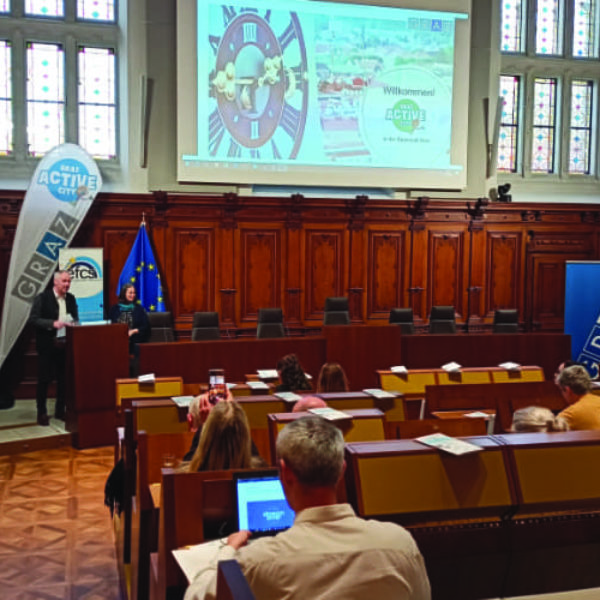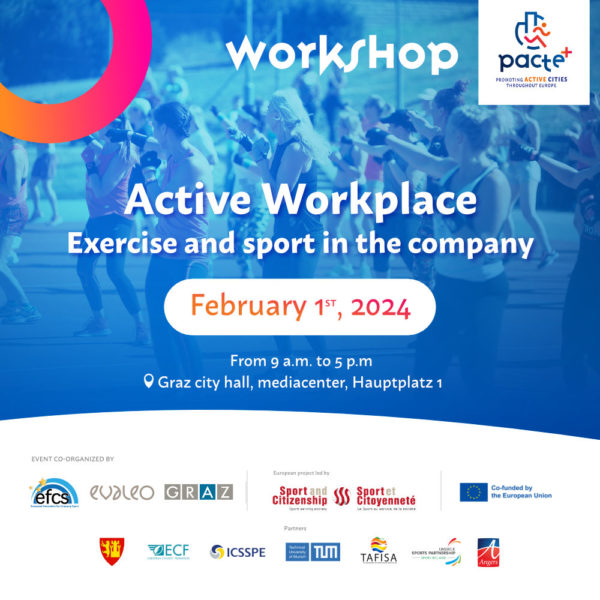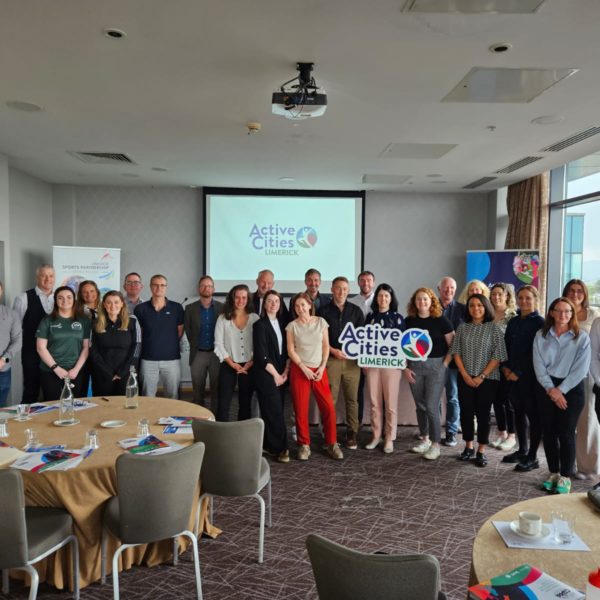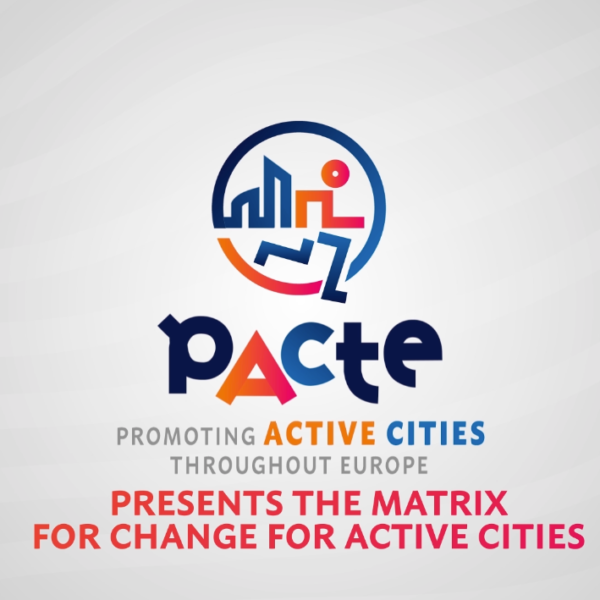Pacte + project
Promoting active cities
throughout Europe
We are designed to move.
Our cities should be too
235 million. The number of inactive European today.
Sedentarity has become a major challenge for individuals and the European Union over the past decades. With 70% of Europeans living in cities, we know they have a decisive role in stimulating physical activity.
Funded by the European Union and led by Sport and Citizenship Think tank, PACTE+ project (Promoting Active Cities Throughout Europe) strives to transform cities into Active Cities.
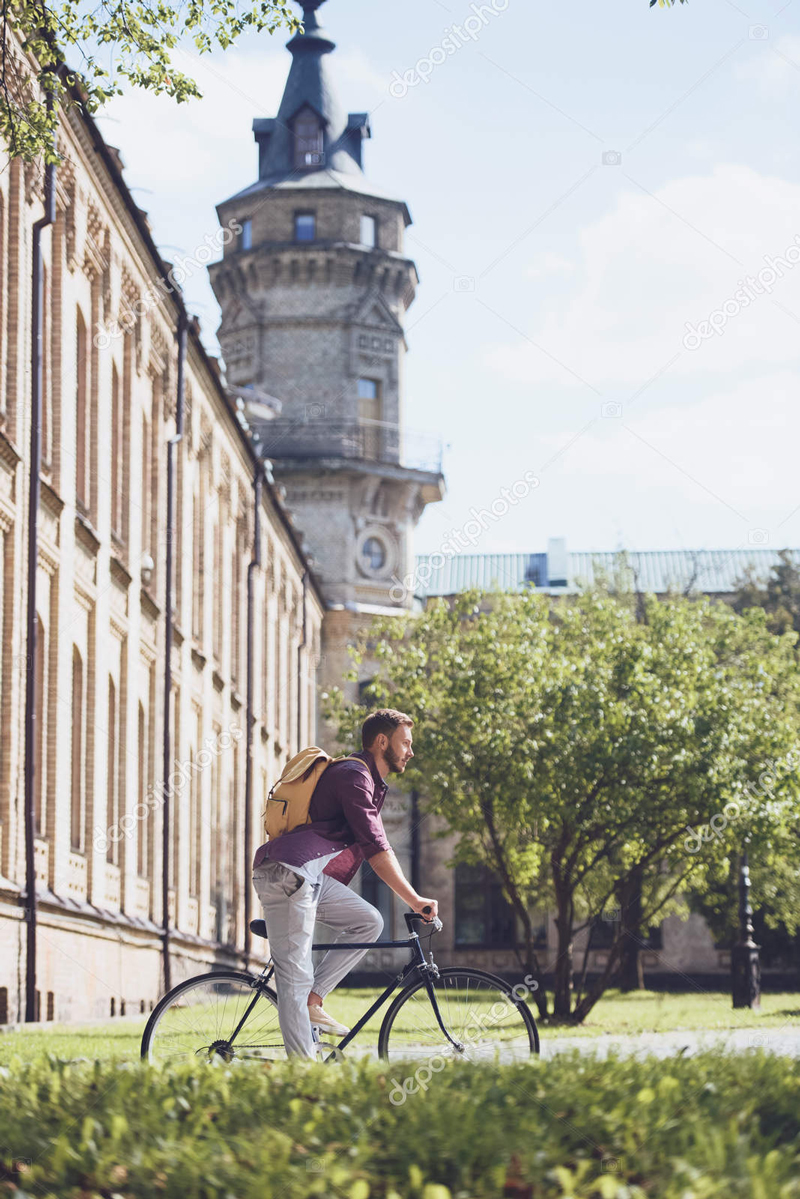
VIDEO OF THE
PACTE PROJECT
Translate »




